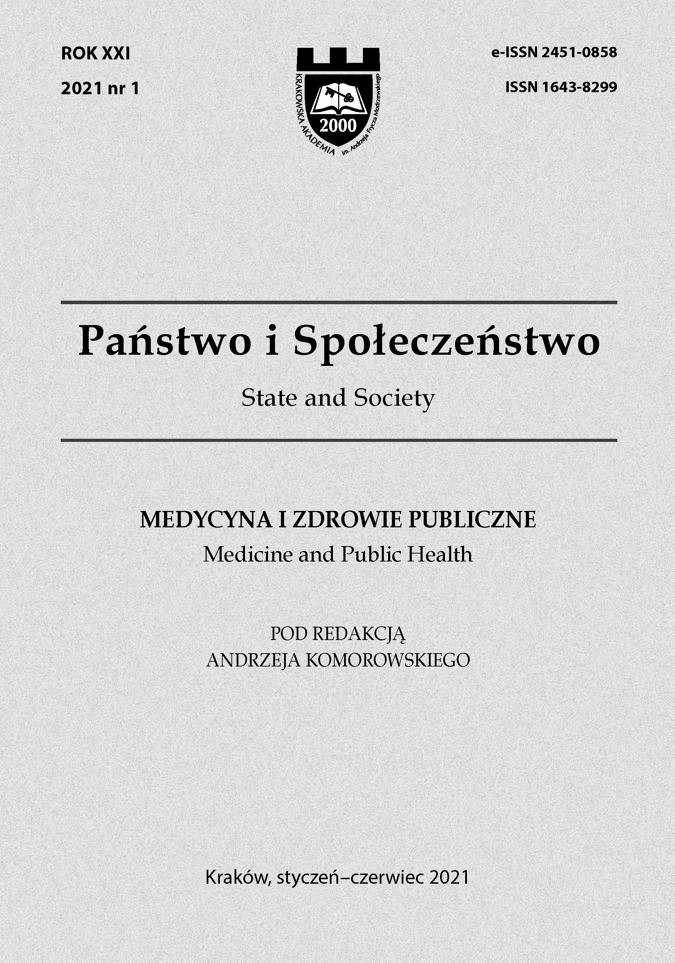Kliniczne konsekwencje przerwania terapii antyretrowirusowej u pacjenta zakażonego HIV i kiłą
Clinical consequences of discontinuing antiretroviral therapy in a HIV and syphilis infected patient
Author(s): Magdalena Goździalska, Anna Bohdziewicz, Tomasz Mikuła, Alicja Wiercińska-DrapałoSubject(s): Health and medicine and law
Published by: Oficyna Wydawnicza AFM Uniwersytetu Andrzeja Frycza Modrzewskiego w Krakowie
Keywords: syphilis; opportunistic infections
Summary/Abstract: HIV is a pathogen transmitted through sexual contact, the bloodstream, from mother to child through the vertical pathway, and breastfeeding. Untreated HIV infection can lead to the development of AIDS – acquired immunodeficiency syndrome. According to UNAIDS reports, of the estimated 37 million people infected with HIV worldwide, only 26 million are currently receiving life-saving ART. HIV infection promotes other sexually transmitted infections as well as opportunistic infections for instance CNS cryptococcosis, pneumocystis pneumonia, Kaposi’s sarcoma, and HPV. We present the clinical consequences of ending antiretroviral therapy in a patient infected with HIV and syphilis. We present a case of a 28-year-old man infected with HIV, who due to irregular use of antiretroviral therapy developed opportunistic infections such as cryptococcosis of the CNS and Kaposi’s sarcoma. He also acquired other infections manifested in an atypical way (massive HPV-associated warts and an exacerbated syphilis-like skin lesion).
Journal: Państwo i Społeczeństwo
- Issue Year: XXI/2021
- Issue No: 1
- Page Range: 163-171
- Page Count: 9
- Language: Polish

